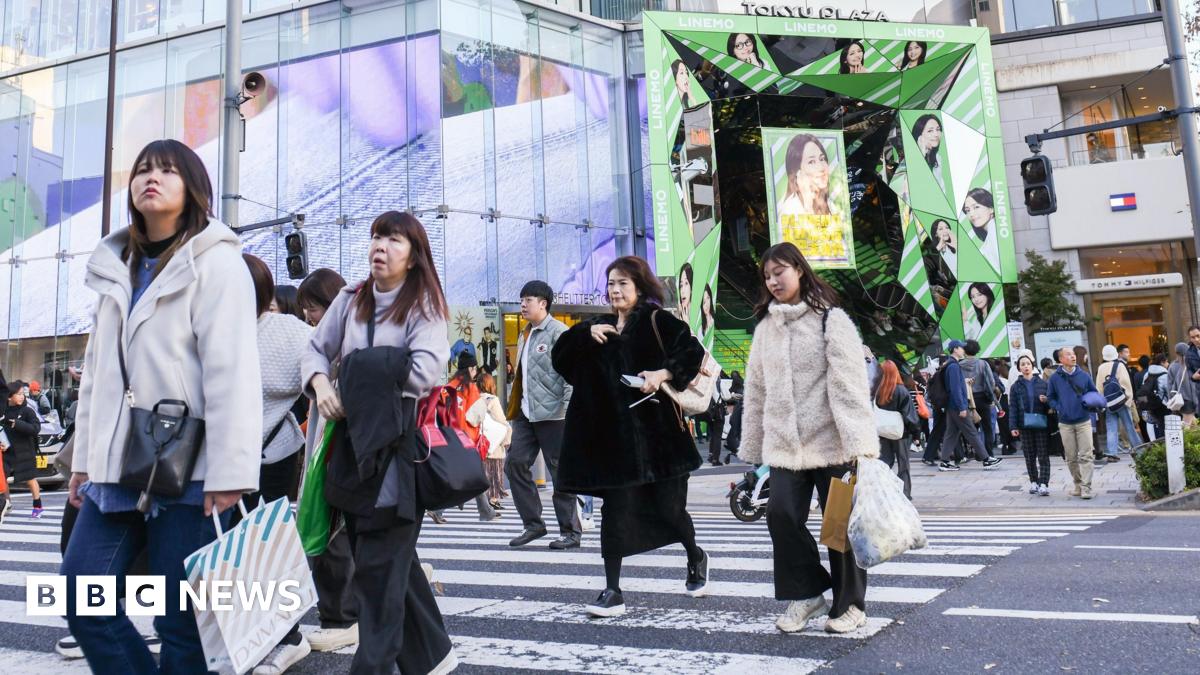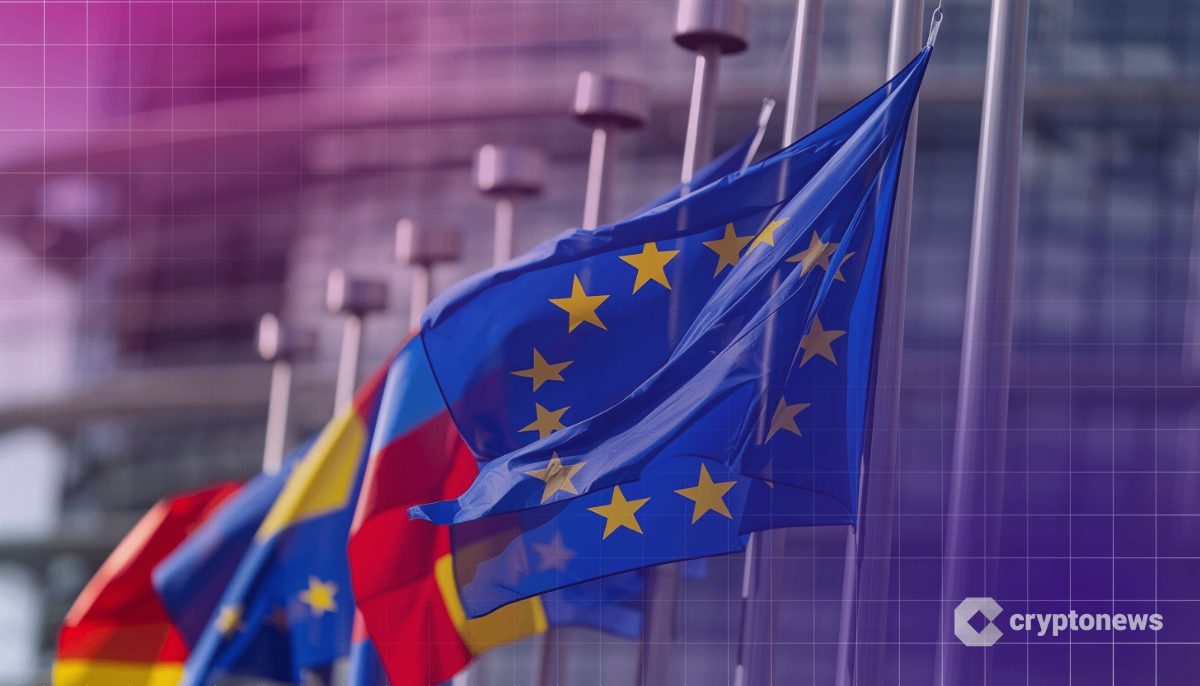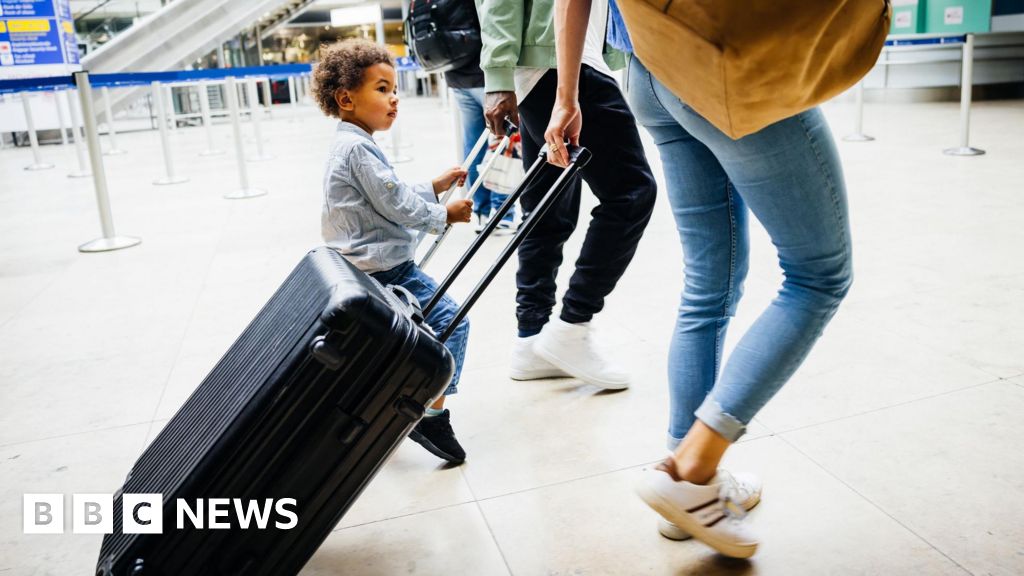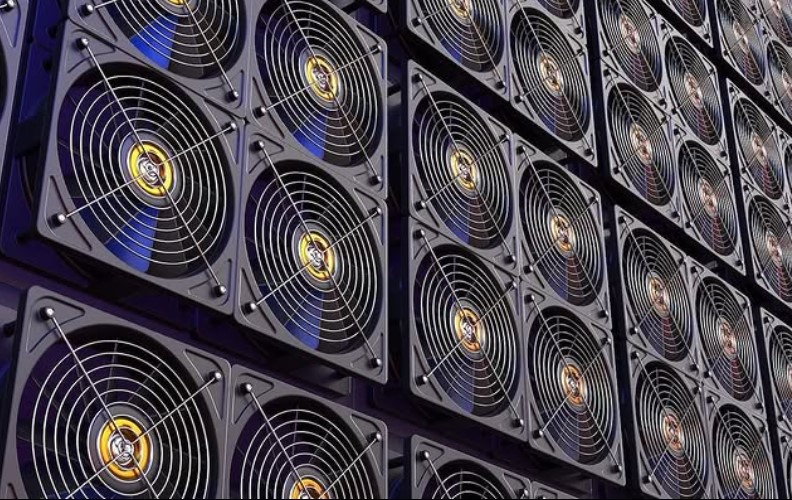According to official figures, core consumer prices in Japan increased by 3% in December from a year earlier.
The decision marks the BOJ’s first rate hike since July and came just days after Donald Trump returned to the White House.
During the election campaign Trump threatened to impose tariffs on all imports into the US, which could have an impact on exporting countries like Japan.
By raising rates now the bank will have more scope to cut rates in the future if it needs to boost the economy.
The move highlights the central bank’s plans to steadily increase rates to around 1% – a level economists see as neither boosting or slowing the economy.
Last year, the BOJ raised the cost of borrowing for the first time since 2007.
That hike meant that there are no longer any countries left with negative interest rates.
When negative rates are in force people have to pay to deposit money in a bank. They have been used by several countries as a way of encouraging people to spend their money rather than putting it in a bank.
Credit: Source link











